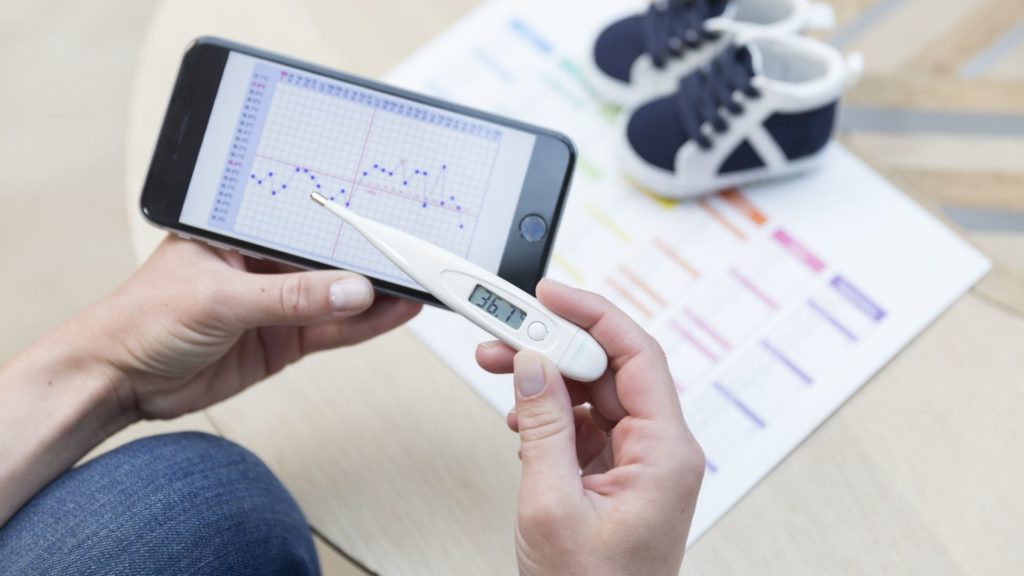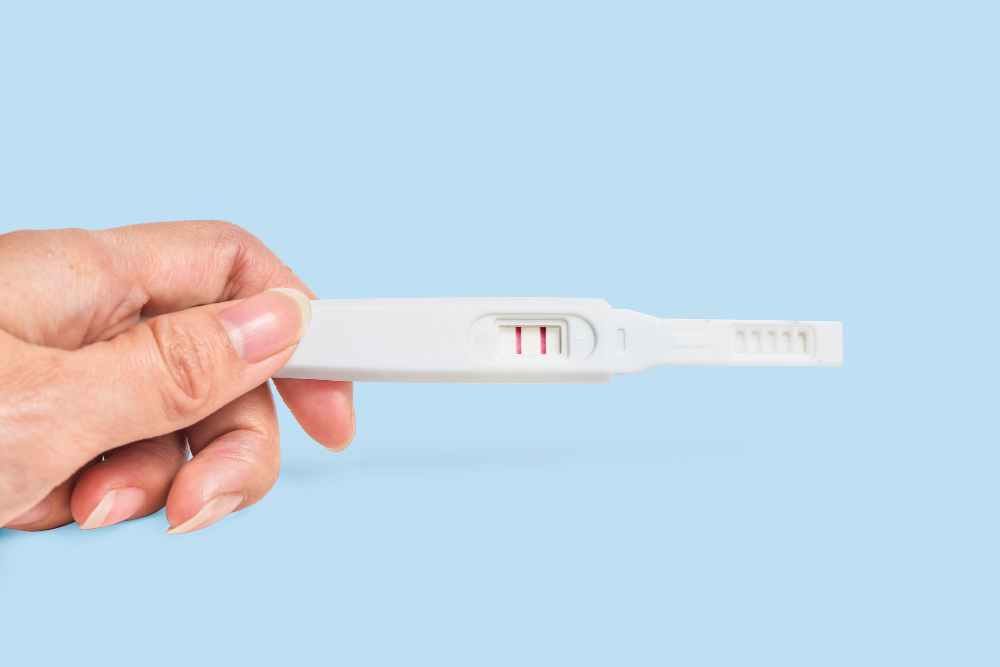Finding your most fertile days are significant when you are trying to get pregnant. Your body may be giving you several signs, one of which could be ovulating.
What is your basal body temperature?
Basal body temperature is the temperature when your body is at complete rest. Generally, when you are ovulating, there is a slight rise in basal body temperature. Tabulating the basal body temperature each day will help you easily determine the days when ovulation has occurred.
How to measure it?
- To measure your basal body temperature, you will need a large-scale, special, easy-to-read thermometer registering only from 96-100 degrees. Generally, pre-ovulation, your basal body temperature should be around 96 to 98, and after ovulation, it is generally around 97 to 99 degrees.
- You should take your temperature before you get out of bed, eat, drink, or have sex to get an accurate reading. The thermometer has to be inserted for a complete period of five minutes and monitor the temperature reading within 1/10th of a degree, alternatively, you can go for oral reading.
- Keep an accurate chart and note it down accordingly.
How to identify ovulation?
With a basal body temperature chart, you are looking for a pattern. Your temperature might rise and fall with your cycle. But you should see a pattern, i.e., the temperature should be lower than they are after ovulation. So, when you see at least three higher than the average temperature in a row, ladies, it is very likely that ovulation has occurred on the day before the first high temperature. Sometimes you might get lucky and may see a sharp dip in temperature on the day of ovulation, which too might be an indicator for you.
How to use the BBT chart for getting pregnant?
One of the best ways to use the BBT chart to get pregnant is to look for patterns. For example, if you have noted your BBT chart for a three-month period and your ovulation has occurred on days like suppose 11,12,15, so probably for the next cycle, you want to have sexual intercourse from 11 to 15. It’s not that you need to get pregnant on the specific day you ovulate, so even if you have sexual intercourse before ovulation, it’s a good plan.
Basal body temperature is an excellent way to track your ovulation patterns and helps you understand your fertility window. If you are not ovulating, you can show your BBT chart to your gynecologist and take steps accordingly.
Related Topic:
Ovulation tests available in the market- Pros and Cons.
Do you know, globally, approximately 15% to 25% of couples could not bear a child even after attempting to conceive for five years or more? Infertility can be due to various factors, but couples are assisted with multiple diagnostics and interventions. Read More:
![]()








